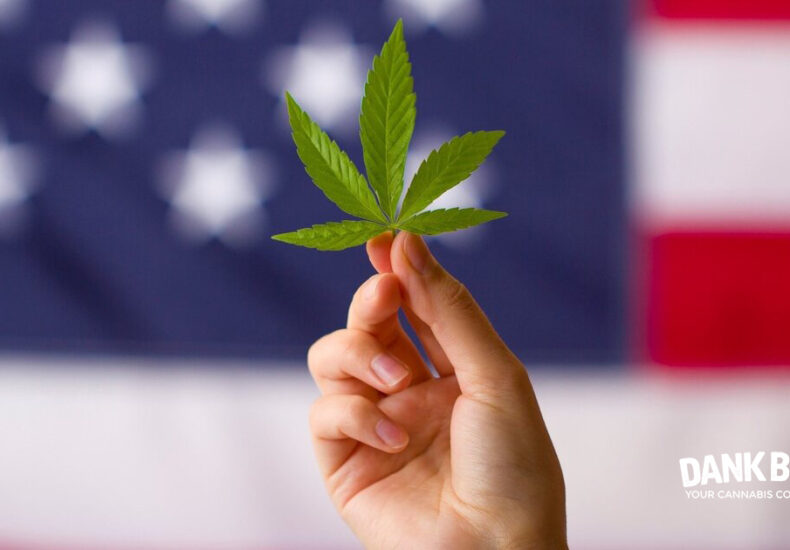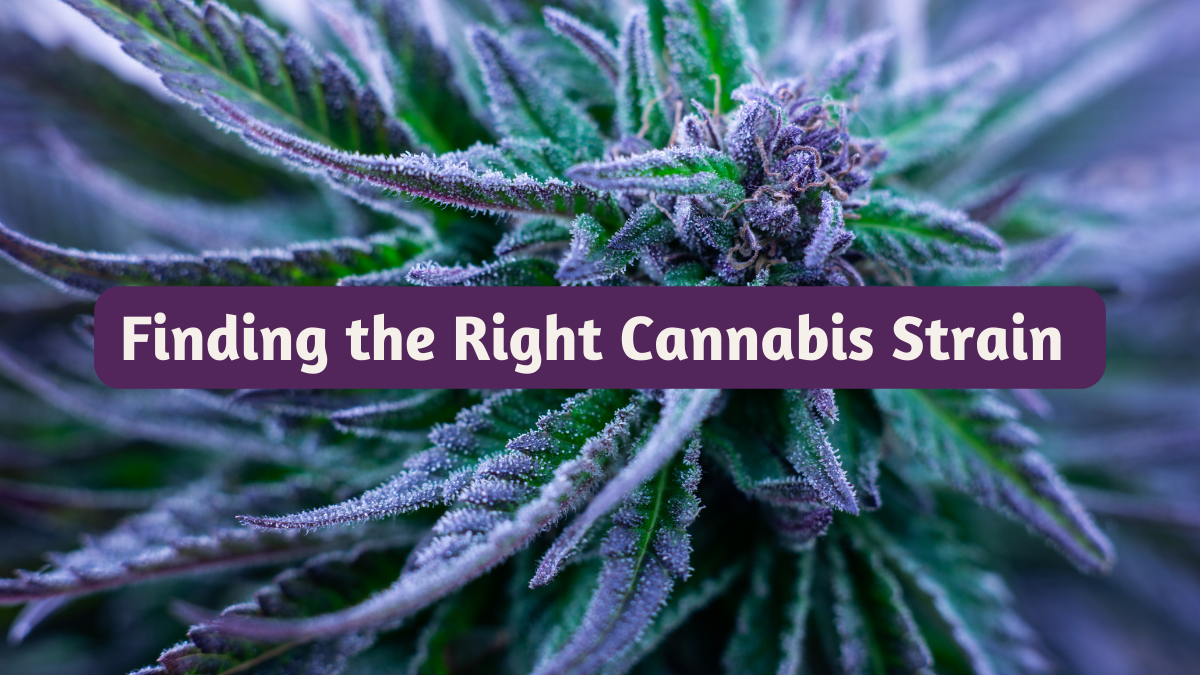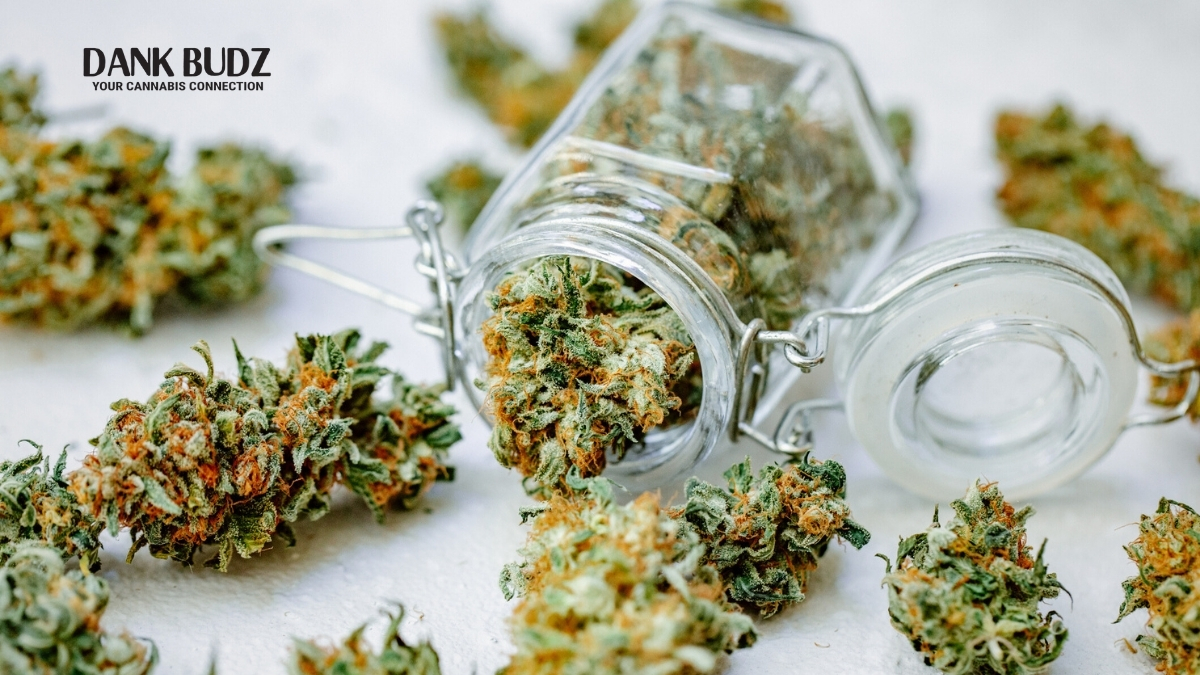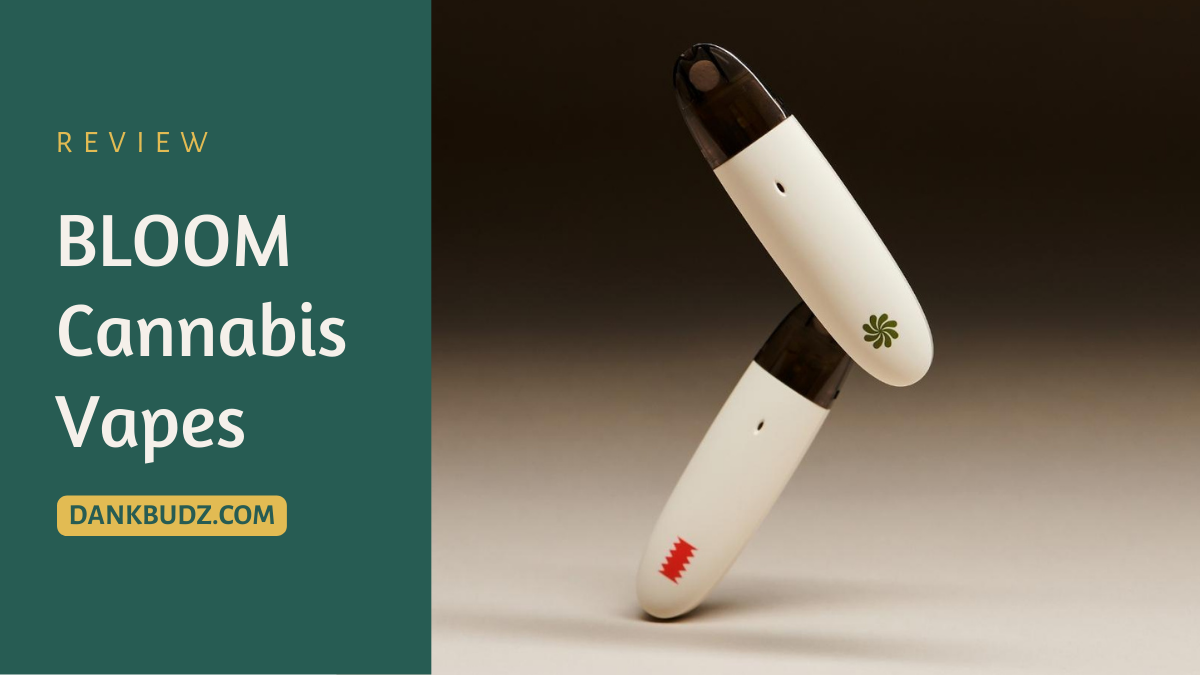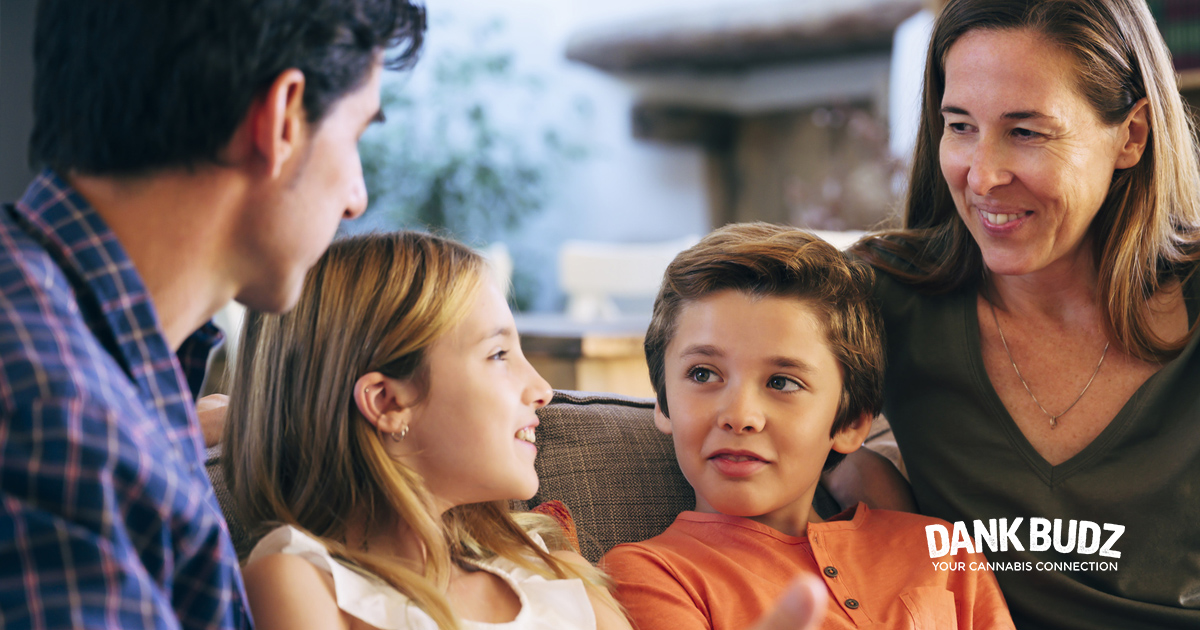
At a time in history where the stigma behind cannabis is only just starting to fade, many people still aren’t comfortable opening up about their own relationship to weed. Perhaps even more so, this can become a difficult inner battle for parents.
If you’re a parent who smokes or otherwise legally partakes in weed, the prospect of telling your children is likely a daunting one. After all, you may still be feeling the after-effects of our once vehemently anti-weed culture. You may feel as if you should be hiding this part of your life from your kids, and from the world around you, in general.
However, this is far from an inappropriate discussion to have. If anything, it’s a healthy one and can leave your children with a better understanding of how to stay safe around weed, if they ever find themselves in the position — and given the increasing normalcy of recreational cannabis, there’s a fair chance of your child encountering the substance.
While weed is far from the dangerous, mind-destroying drug it was once propagated as being, it has its downfalls. For this reason, it’s vital that your kids be aware of the potential side effects and downsides, before making any future decisions to engage with the substance. This way, your child will be able to make a responsible and informed decision about weed, if they ever find themselves in that position.
This will also give you the opportunity to vouch for the importance of obtaining weed through a safe and legal source.
Cannabis and Its Potential Side Effects on Children
If you’re not familiar with the side effects that cannabis consumption can have on youths, here’s a quick overview.
Kids are more susceptible to suffering acute cannabis intoxication. In especially severe cases of overdose, they may develop symptoms that require hospitalization. This can occur, for example, when a young child sneaks an edible. In many cases, edibles are indistinguishable from treats that your child already consumes. However, they also contain a high concentration of THC. This is why it’s so vital to keep all edibles in a locked container and to establish that the contents are off-limits.
There’s also evidence that shows cannabis can have an adverse effect on a young person’s developing brain. Sadly, because of this, continued cannabis consumption as a teen can lead to serious and long-lasting consequences.
An adolescent’s brain is in a state of active development, unlike the fully developed brain of an adult. Typically, a person’s brain doesn’t finish developing until they reach their mid-20s. If cannabis is consumed too young, brain development can be harmed.
This could manifest as:
- Difficulty with problem-solving
- Memory issues, as well as difficulty learning
- Poor coordination
- Struggling to pay attention
If a teen becomes dependent on cannabis, there’s also a chance that their grades and social life will suffer.
For these reasons, you should try to encourage your kids to hold off on cannabis consumption, until they’re of age. Still, this doesn’t mean that they shouldn’t be informed and educated on the topic, even if they aren’t partaking in it.
How to Approach Your Kids About Your Weed Use

If you’re a “weed mom,” or any other variation of a weed-smoking parent, you may decide to discuss the topic with your children. Depending on how the discussion is approached, it can be an all-around positive, educational experience for you and your kid. That should be your goal. Use it as an opportunity to educate your child about matters that may or may not go on to affect them personally.
There’s no need to be ashamed about wanting to have this discussion with your child. It can be difficult letting go of years of stigma. An informational, weed-related conversation isn’t an evil that you need to protect your child from, lest their innocence be damaged.
So, tip number one? Don’t avoid the conversation, altogether. Tailor the discussion to your child’s age, but a straightforward talk about the side effects and downsides of pot can benefit younger and older children, alike.
It’s Not an All-or-Nothing Conversation — Take It One Step at a Time
We’re still in the midst of an enormous cultural and legal shift when it comes to cannabis. As such, it’s okay to approach the topic with a level of caution. You don’t need to swamp your kid with buckets of weed-savvy know-how, right from the start.
A good idea is to consider how you, as a parent, would approach your child’s questions about alcohol. Feel free to take questions about weed in a similar direction: Tell your child that cannabis is something for grown-ups and that when they’re grown up, they’ll be allowed to decide whether they’ll have any.
Still, your kids may be a bit too old for a wishy-washy response. Maybe they’re already familiar with cannabis and even have a general understanding of what the substance is, and what it does. Initially, your child may be startled by the idea that their parent is “doing drugs.” If this is their response, then bounce off of it, helping your child to gain a fuller and more realistic understanding of cannabis. Discuss weed safety with your kid, making sure to include both the benefits and the drawbacks. Give them a well-rounded, accurate picture. This will be the most beneficial for your child, in the long run.
You can even talk to your child about how cannabis is different from other drugs, legal and illegal. You could consider letting your kid know why weed was criminalized, in the first place, and why its legalization status has recently shifted.
Be Careful Not to Glamorize Cannabis
Again, it’s crucial that your discussion be well-rounded and packed full of useful, factual information. This will allow your child to make truly informed decisions, in the future.
However, even if weed isn’t the monster it was once made out to be, it’s far from a perfect substance. Speak frankly to your child about this, without glamorizing or over-glorifying cannabis, or neglecting to cover side effects and downsides.
Sure, it’s true that cannabis is safer than alcohol. After all, less than 10% of cannabis users will become dependent on the substance, compared to around 20% of those who consume alcohol. Nonetheless, many of the important lessons your kids should learn about alcohol can also be applied to weed. At the end of the day, both are substances that adults can enjoy in moderation, but can be damaging when used in excess.
Medical marijuana is becoming increasingly prevalent, but this doesn’t mean it’s a perfect miracle cure. Too much of anything, no matter what that “anything” is, can have severe repercussions on a person’s health and wellbeing. Medical cannabis is certainly not excluded from this.
You need to present your kids with both the good and the bad, otherwise, the conversation isn’t going to be productive. It’s perfectly possible to normalize cannabis, without going so far as to glamorize it.
Make Sure You’re Educated on Cannabis and All Its Forms
 Educating your child on cannabis goes far beyond just reciting your own experiences with it. Whether or not you consume it, it’s best to remain at least somewhat knowledgeable. This way, you’ll be able to answer any questions your child might have, at any point in the future. With the rapidly developing cultural landscape, cannabis is becoming more prominent within our lives. It’s entirely probable that, at some point, your child will encounter it — and this may or may not come in the form of a joint. Cannabis exists in a variety of forms, any of which your child could see or interact with. If they turn to you for questions, always ensure that you’re providing an informed and accurate response.
Educating your child on cannabis goes far beyond just reciting your own experiences with it. Whether or not you consume it, it’s best to remain at least somewhat knowledgeable. This way, you’ll be able to answer any questions your child might have, at any point in the future. With the rapidly developing cultural landscape, cannabis is becoming more prominent within our lives. It’s entirely probable that, at some point, your child will encounter it — and this may or may not come in the form of a joint. Cannabis exists in a variety of forms, any of which your child could see or interact with. If they turn to you for questions, always ensure that you’re providing an informed and accurate response.
On that note, it’s important that parents have a baseline understanding of the different forms of cannabis, and of what sets them apart from each other. Try to develop a clear understanding of how edibles differ from joints, and of how those both differ from a topical, and beyond. If you accomplish this, you’ll be able to more precisely explain the risks and benefits to your curious child.
Try making use of outside resources, which are widely available on the internet. For example, consider checking out the Sensible Cannabis Education toolkit, developed by Canadian Students for Sensible Drug Policy (CSSDP). This is only one potential resource, although it’s specifically designed to help educate young people about cannabis.
Be a Good Role Model, and Use Cannabis Responsibly
If you’re going to be spending time around your kids, never consume so much cannabis that you feel impaired. Always remain mindful of your dosage and consumption, especially if you’ve recently taken a break from weed, or if you’re trying out a new form.
Become familiar with your response to consuming cannabis. Always know how much is too much, especially if you’re going to be around your children.
Avoid consuming cannabis too frequently. Present it to your children as an occasional indulgence or maybe just a way to wind down at the end of the day. For perspective, there’s a big difference between a parent who drinks from morning to night and a parent who has a glass of wine or a beer in the evening. One of these scenarios sets a positive example for children, and one definitely doesn’t. Although weed and alcohol are different, the same holds true, in either case. If you show your kids what healthy moderation looks like through your actions, they’re more likely to have a clear idea of what to do when they grow up.
Naturally, normalization of cannabis doesn’t mean consuming it in large, frequent quantities. Don’t just normalize the substance, itself — normalize responsible use. If you’re a parent who consumes cannabis, this is the positive example you should strive to set.
When it comes to being a positive cannabis role model, you should also store edibles or other consumable products safely. Ideally, store these products in a locked container, separate from any other food products. Establish with your child that the container holds treats for grown-ups, only. Make sure that this container is always sealed and protected.
Ending the Stigma Around Cannabis Use
 If you’re currently a parent, there’s a good chance that you grew up in an anti-cannabis environment. The shifts we’ve seen in weed culture are very recent, and many of us haven’t even had the time to catch up, mentally. In our heads, it can still feel like cannabis is a high-tier taboo — something dangerous, which should only be presented to your children via scare tactics.
If you’re currently a parent, there’s a good chance that you grew up in an anti-cannabis environment. The shifts we’ve seen in weed culture are very recent, and many of us haven’t even had the time to catch up, mentally. In our heads, it can still feel like cannabis is a high-tier taboo — something dangerous, which should only be presented to your children via scare tactics.
Even if you know, rationally, that none of that is true, it can still be difficult to break free of the stigma. For the first time, cannabis is becoming something that’s okay to do. In the past, there was a large incentive to hide any cannabis use. Otherwise, you might’ve suffered powerful consequences, both legally and socially. Now, plenty of people (including parents) are consuming weed in a legal, responsible way.
Stigmas don’t vanish without a trace the instant they’re overturned. The effects will continue to linger within our culture.
As it becomes more and more legal, the way society views cannabis changes, so should the way we talk about it with our kids. Unlike in the past, cannabis should be presented to young people in a way that’s balanced and based on fact. When your child asks you about weed, or if you simply want to explain your own usage of it, they should be hearing the good and the bad. Like any substance for adults, moderation is important. Too much cannabis isn’t healthy, and it isn’t a miracle medicine. Provide your child with a full picture of cannabis, including the side effects and potential downsides.
However, it’s time to stop demonizing cannabis, or attempting to scare our children out of getting anywhere near the stuff. Those tactics aren’t productive or educational, and they don’t necessarily keep kids away from weed, either. So, no demonizing cannabis, but also no glorifying it. Find the right balance in your discussion.

